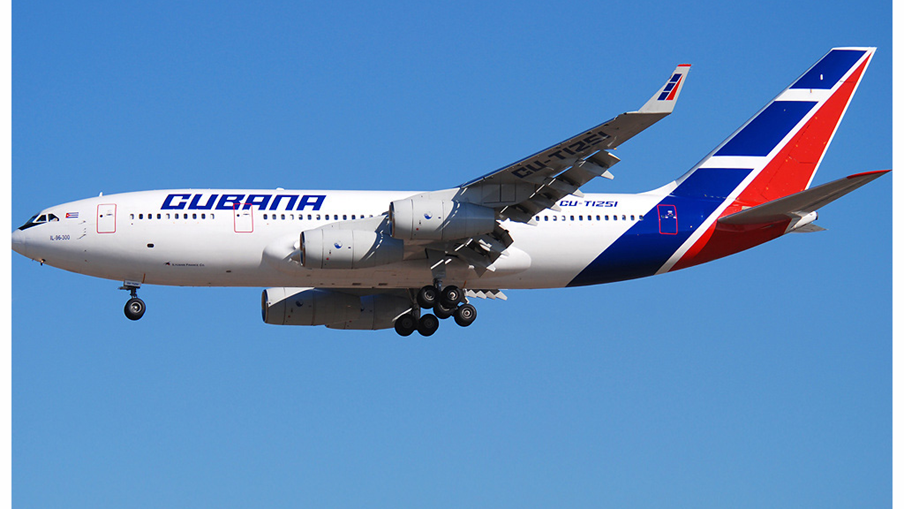The U.S. Commerce Department said late Friday it would restrict the Cuban government’s access to commercial aircraft and other goods, the latest escalation by the Trump administration against Cuba, in part over its support for Nicolas Maduro in Venezuela.
The Bureau of Industry and Security (BIS), which is the Commerce Department’s export control office, announced that it will revoke existing and deny future licenses for the leasing of aircraft to Cuban state-owned airlines, according to a rule published Monday in the Federal Register. The rule also cuts off exemptions for aircraft and vessels leased to, or chartered by, a Cuban national or a State Sponsor of Terrorism.
Empresa Cubana de Aviacion, Cuba’s national airline, was founded in 1929. Last year, Cubana suspended domestic flights due to a lack of working aircraft, according to a Reuters report from July 2018. The airline said at the time that maintenance issues and a lack of parts had led to the problem, which caused chaos during the peak traveling season, Reuters reported. By late October 2018, Cubana said it would resume flights, according to a report by FlightGlobal, which covers the aviation and aerospace industries.
The BIS rule also limits the amount of U.S.-origin content in foreign-made goods, known as a “de minimis level,” to 10 percent. And the rule renders the Cuban government, and its ruling communist party, ineligible for certain donations and promotional items and limits the scope of telecommunications equipment the Cuban government can receive without a license.
“This action by the Commerce Department sends another clear message to the Cuban regime – that they must immediately cease their destructive behavior at home and abroad,” said Secretary of Commerce Wilbur Ross.
Since taking office, the Trump administration has heightened tensions with Cuba. It reversed the warming of relations that was started by the Obama administration, restricted travel to the island and limited remittances that U.S.-based family members of Cuban nationals can send home. And the U.S. State Department has allowed Cuban Americans to sue companies for operating on land seized from them by the government since the 1959 revolution. Last month, the State Department banned Cuban leader Raul Castro, and his immediate family, from entering the country.
Venezuela and Cuba have a longstanding relationship; the U.S. has in recent months imposed several rounds of sanctions on companies involved in trade and commerce between the two countries. The U.S. and more than 50 other countries do not recognize Maduro as the legitimate leader of Venezuela, but Caracas and Havana continue to maintain bilateral ties.
